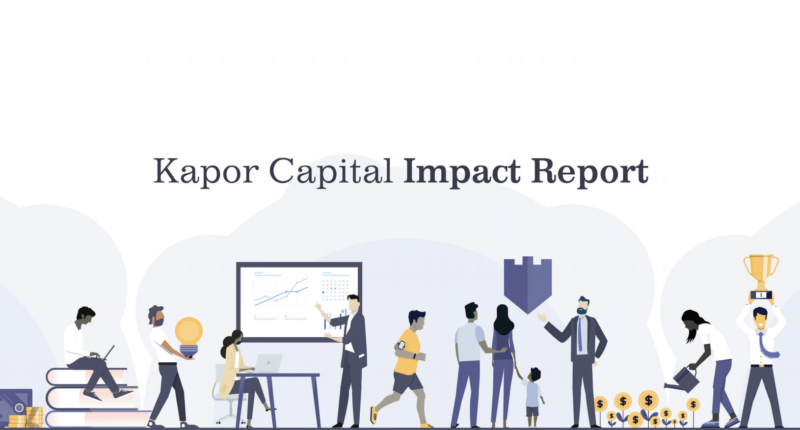This article was originally published on 05/09/2019
In 2011, Mitch Kapor and Frieda Kapor Klein had a question: What if VCs valued the social impact of a company more than the financial returns that come with it?
The pair of investors launched the Kapor Impact Portfolio, an 8 year experiment where it invested solely in firms they believe close the gaps of “access, opportunity, and outcomes for low income communities and communities of color in the US.” Kapor invested in 102 companies as part of the project.
The term “impact investing” is one that’s been used a lot in Silicon Valley over the years. Investors put money into companies they think contribute to the betterment of society while also looking at the returns the company brings in.
This is where Kapor is a bit different.
As an organization, they’ve made a commitment to determining which startups to invest in by weighing their societal impact more than the revenue they’ll generate. To be clear, returns are still important, but not the most important.
Kapor wants to change the way companies are evaluated and shift the thought behind who gets funding and a seat at the table.
Obviously, the firm got some pushback from the wider VC community when they announced they’d be using this tactic. Investors are about their money, and anything that disrupts that is usually not encouraged.
“When we made that shift, we took a bit of a gamble. Other VCs cautioned that investing exclusively for impact would necessarily come at the sacrifice of financial returns, and while we had some anecdotal evidence to the contrary, we were not completely certain ourselves if our model would hold” the company said in it’s report.
Recently, Kapor announced it’s financial returns from its experiment. It’s performing in the top quartile of firms that are the same size. Here’s a video that outlines exactly how they achieved that.
What does all this mean, exactly?
Basically, Kapor’s experiment seems to be working, and it could mean a bigger shift for the VC world as a whole.
The firm’s leaders are proposing a new form of VC funding that they’ve dubbed as V.C 2.0, a model that they say “fundamentally understands how old-school investment firms have caused real-world problems—not by merely excluding women and persons of color from their ranks, but by proactively creating terrible outcomes in our world and pretending they are good.”
Hopefully the success of this experiment from Kapor will encourage other VCs to look at investing the same way.
“Venture Capital has got to address its role in all of the issues ailing tech today. This role includes, but is certainly not limited to: contributing to income and wealth inequality, eviscerating privacy, and undermining democracy.”
If you’re interested in learning more about Kapor and their work, please read the full report.


